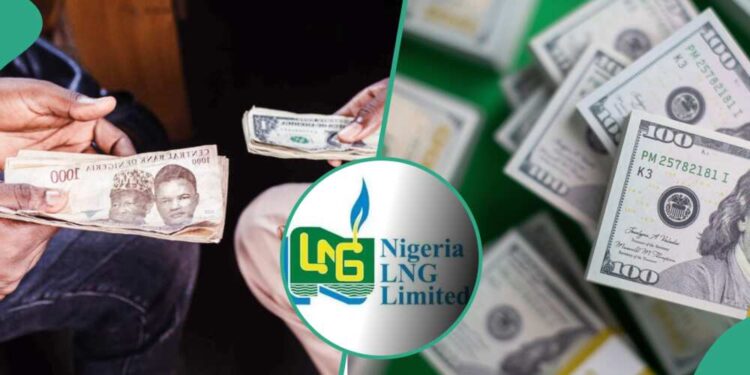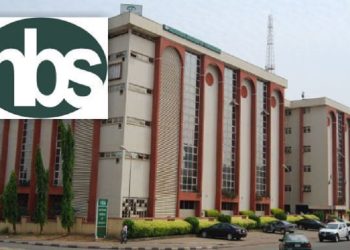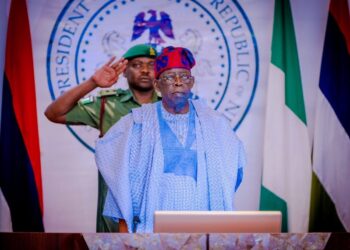Nigeria is pursuing a strategy to securitize five years’ worth of dividends from the Nigerian LNG Limited (NLNG), with the aim of raising around $7 billion to alleviate the country’s severe foreign exchange shortage. While the move is welcomed, experts caution that the process might not be as swift as the government hopes due to significant hurdles.
According to sources, there is a minimum time frame of four to five weeks to secure the desired funds. Furthermore, specific terms for the deal, spearheaded by Standard Chartered, are yet to be finalized.
The essence of the deal involves sourcing dividend payments expected from Nigeria’s 49 percent equity in NLNG over five years and passing them to the government through a bank. The bank anticipates a fee for facilitating the transaction, with the government covering interest payments during this period.
However, this approach raises concerns about how the government will meet its financial obligations over the five-year period if it has already spent its lucrative NLNG dividends, which traditionally constitute a substantial portion of government revenues.
Critics, including Charles Robertson, head of macro strategy at FIM Partners, have questioned whether the move essentially sacrifices future export earnings needed in the coming years. The government has not provided clear answers about how it will cope without NLNG dividends during this period.
According to government projections, NLNG dividends are expected to total N749 billion between 2023 and 2026. In the seven years from 2015 to 2021, NLNG paid $5.3 billion in dividends to the government.
While the news of the dividend securitization initially led to an appreciation of the naira against the dollar, concerns remain about the long-term implications and the impact on the country’s growing debt portfolio.
The Nigerian government is facing mounting pressure to address the foreign exchange shortage, which has had a significant impact on businesses and industries. Nigeria’s primary source of foreign currency is oil exports, but the country is currently producing less than its OPEC daily quota of 1.8 million barrels.
Wale Edun, Nigeria’s finance minister, recently indicated that the government had a “line of sight” on $10 billion in inflows, but details were not provided. Many businesses in Nigeria are grappling with trapped funds, further highlighting the urgent need for foreign exchange solutions.
Experts are divided on the effectiveness of the government’s strategy, with some advocating for alternative approaches to attract foreign exchange into the economy and stimulate investment in productive assets. The debate over the best way to address Nigeria’s foreign exchange challenges continues as the government explores unconventional solutions.











